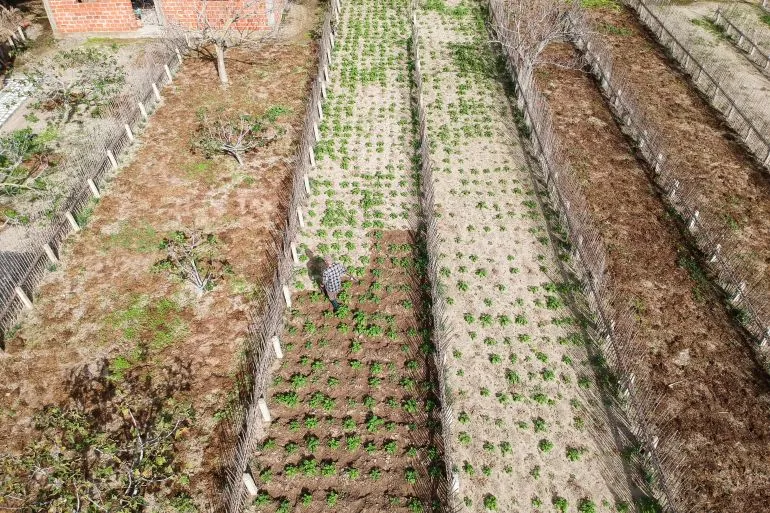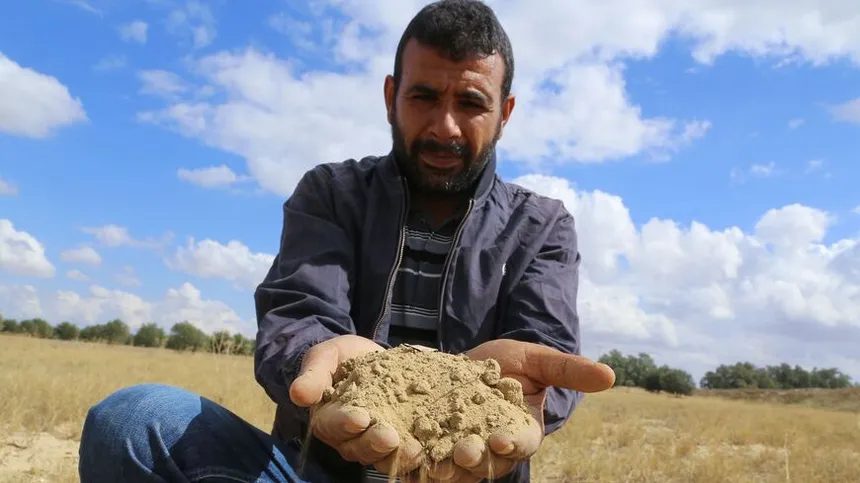Tunisia is facing its fourth consecutive year of severe drought, leading the state water distribution company, Sonede, to cut mains water supplies every night between 9pm and 4am. As a result, residents are experiencing water cuts overnight, and local officials are alarmed by the situation. Haythem Hazel, an English teacher in Tunis, expressed his concern, saying, “I’ve been experiencing water cuts overnight for the last two or three weeks. It shows we really have a water crisis in Tunisia. It’s difficult to stay without water for even two hours.”
Reservoirs across the country are struggling to meet demand, with levels at the Sidi Salem reservoir, which serves the north, including Tunis, at just 16% full. The country’s reliance on capturing surface water has left it vulnerable to shortages, exacerbated by the climate crisis. The Mediterranean region has experienced blistering summers, mild winters, and relatively little rainfall in recent years.
According to the Worldwide Fund for Nature, Tunisia’s aging pipe network is also contributing to the problem, with leaks accounting for the loss of around 30% of the country’s water before it reaches a tap. The infrastructure is old, dating back to the 1950s, and has not been properly maintained since the 2011 revolution.
Poor enforcement of planning regulations has also had a significant impact on the availability and quality of water. In poorer districts, unsanctioned housing and lack of infrastructure have led to the siphoning of groundwater through illegally dug wells and wastewater flowing directly into the water supply. Jamel Jrijer, director for WWF North Africa, described the situation as “as bad as we’ve seen.”

The water shortage will affect householders directly, but the ban on water for farmers, who account for around 75% of Tunisia’s water consumption, will be especially significant. The drought is expected to be “disastrous” for the agriculture sector, which contributes around 10% of the country’s annual GDP.
The government is considering measures to address the crisis, including digging wells, desalinating seawater, and recycling wastewater. However, it is unlikely that these measures will make a significant impact before the summer. Tunisia is already struggling with a weak economy, high unemployment, and rising living costs, and the water crisis could exacerbate social unrest.
In recent years, Tunisia has seen protests and demonstrations over economic issues, with President Kais Saied accusing undocumented migrants of plotting to dilute the country’s Arab identity. The government is also negotiating a bailout plan with the International Monetary Fund, which includes plans to curtail the country’s subsidy system. With the water crisis adding to the country’s woes, it remains to be seen how Tunisia will navigate this challenging situation.

